
By Joshua Worlasi AMLANU
To align Ghana’s private equity and venture capital (PE/VC) sector with international standards, the Venture Capital Trust Fund (VCTF) has launched a comprehensive training programme focused on valuation practices.
The initiative, which brings together industry stakeholders, aims to address the unique challenges of valuing privately held companies and enhance the sector’s global competitiveness.
Percival Ofori Ampomah, General Manager-VCTF, emphasised the critical nature of this skill set in the PE/VC industry. “Because it’s private equity, most of the equities are privately held,” Ampomah explained. “Which means they’re not listed on the stock exchange. You can’t easily go and find the value.”
The training seeks to equip participants with the necessary tools to accurately assess company values; a process that is far from straightforward in the private sector.
Mr. Ampomah illustrated the complexity, stating: “Even when you’re going to invest, how do you determine if the SME needs GH¢200,000 or GH¢2million – and for that I’m willing to give you 20% of my company? How do you determine whether that value is correct or is good?”
The initiative comes at a crucial time as Ghana’s PE/VC sector attracts increasing international attention. “Ghana is going global,” Ampomah noted. “We’re already attracting funds from external sources. DFIs are coming in and external investors are coming in. We need to align our practices to international best practices.”
Madam Yvonne Quansah, Director of EMERD at the Ministry of Finance and Project Director-Ghana Economic Transformation Project (GETP), underscored the importance of standardised valuation practices.
“It is essential that regulators, fund managers and other stakeholders understand strategies and techniques for valuation in the PE/VC ecosystem,” she stated. Quansah highlighted challenges facing the industry, including “the lack of standardised valuation methodologies which often leads to discrepancies in valuation assessments, hindering transparency and comparability across investors and fund managers”.
The training programme not only focuses on traditional valuation methods but also addresses the evolving nature of business value.
Dr. Bennet Kpentey, a valuation expert involved in the training, pointed out a significant shift in recent years. “The sources of value for businesses have changed significantly over the past decade,” he explained. “To establish actual value of the business, you have to look at the intangibles.”
Kpentey emphasised that intangible assets could account for up to 90% of a business’s value – a factor often overlooked by traditional valuation methods. “The most important thing is to identify intangible assets of the business, value it and then add that to the business’s value,” he advised.
The importance of accurate valuation extends beyond just investment decisions. As Kpentey noted, “M&As have gone up significantly. And for any major acquisition which is similar to private equity placement and all that, it’s all about valuation. Getting it right is very important”.
The VCTF’s initiative is expected to have far-reaching implications for Ghana’s economic landscape. By enhancing the valuation capabilities of local professionals, the programme aims to foster greater confidence among international investors and drive sustainable growth in the PE/VC sector.
Mr. Ampomah expressed optimism about the programme’s potential impact: “What we expect is that our valuation skills will improve significantly enough for us to make sure it aligns with international standards”.
The training also addresses the industry’s critical need for effective performance measurement. “We deploy capital. We need to measure our performance,” the General Manager stated. “We need to ensure we are improving. And if we are not improving, how do we improve?”
The post VCTF Leads Charge to Standardise PE/VC Valuation appeared first on The Business & Financial Times.
Read Full Story
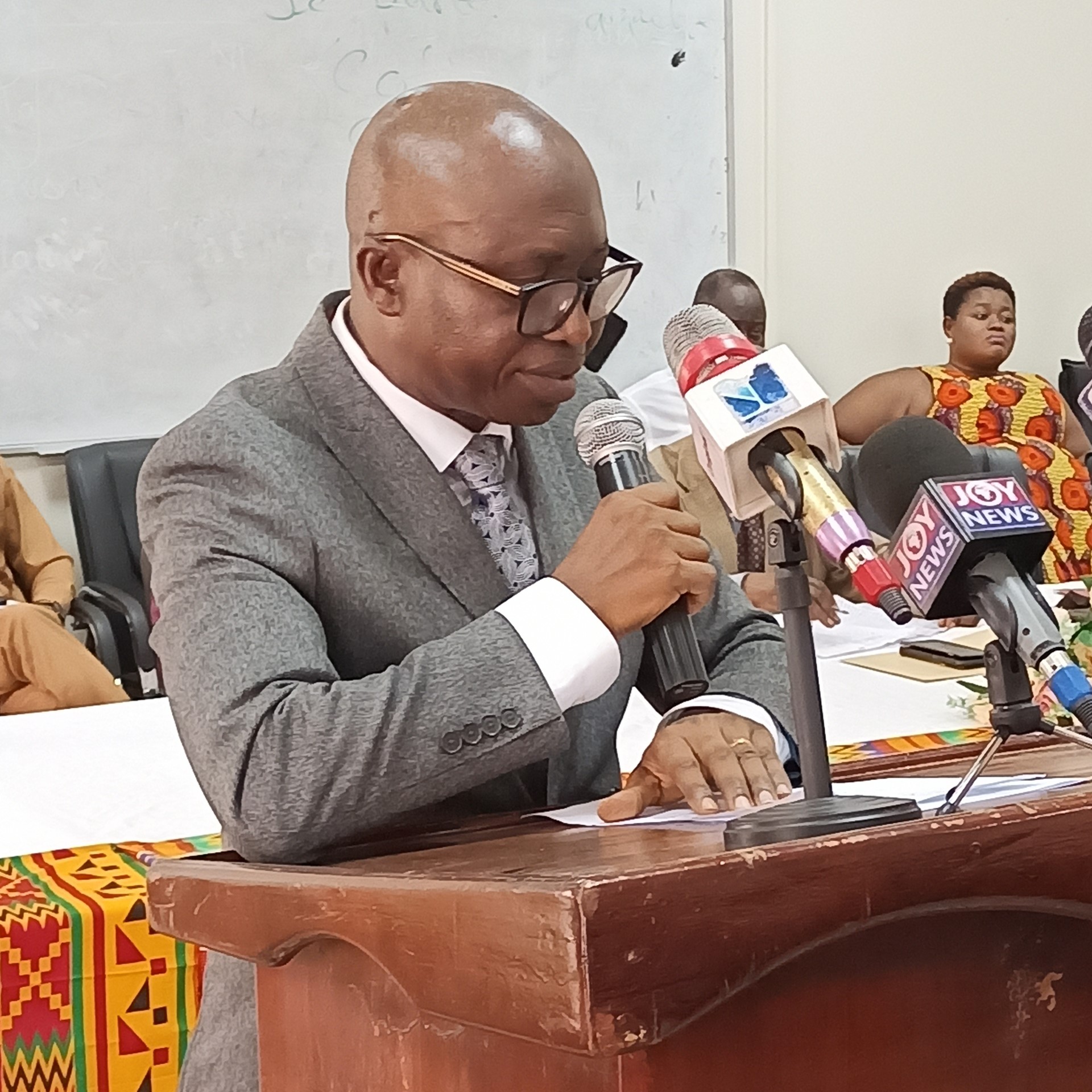

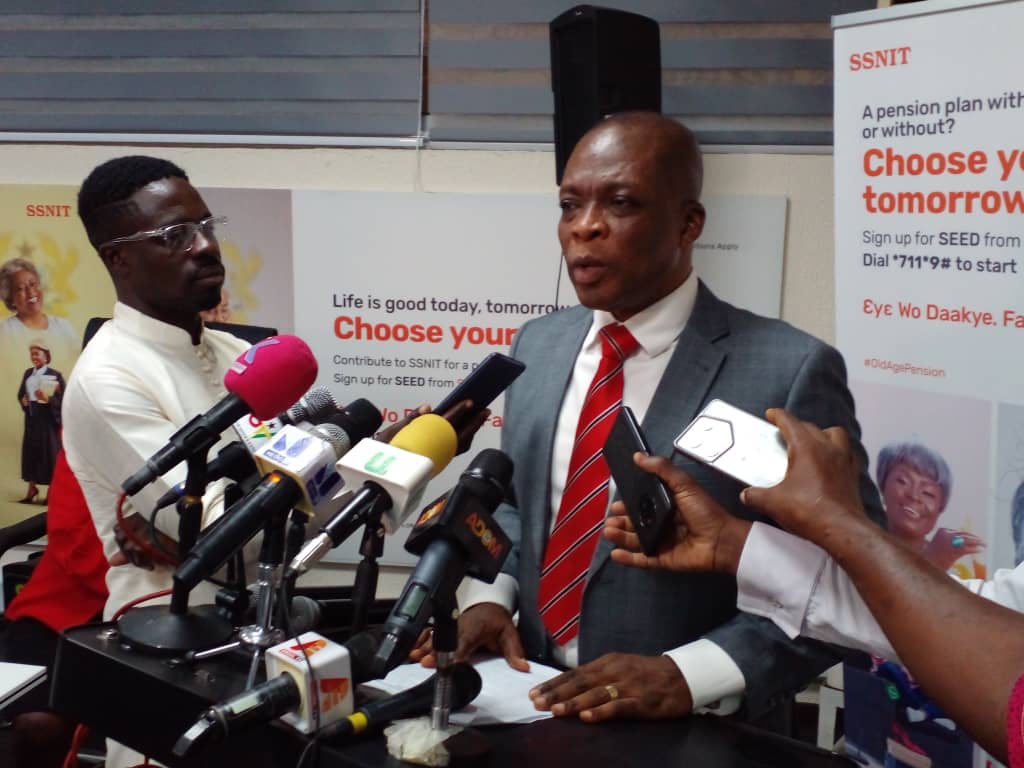
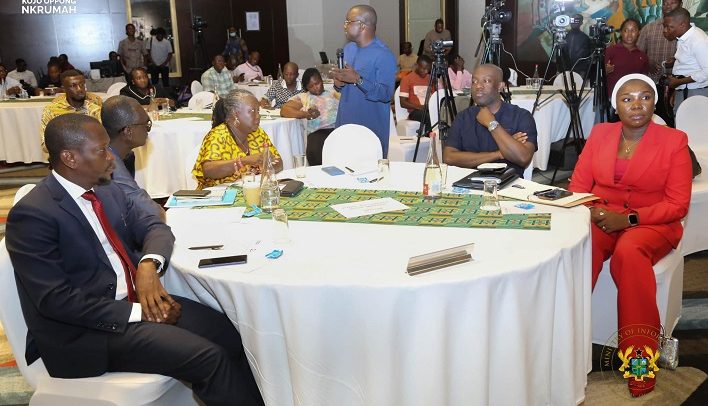



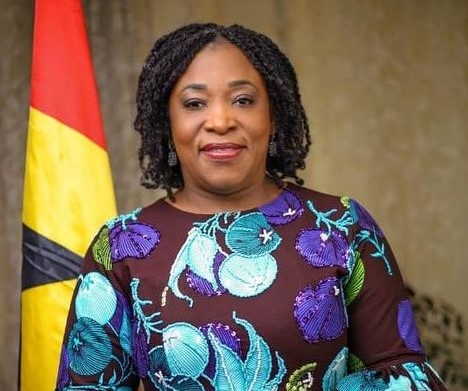
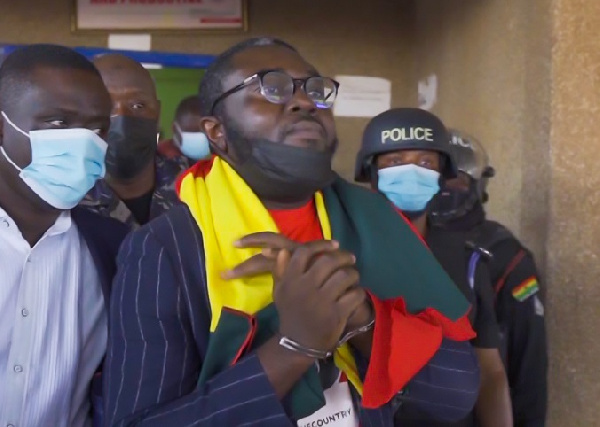










Facebook
Twitter
Pinterest
Instagram
Google+
YouTube
LinkedIn
RSS